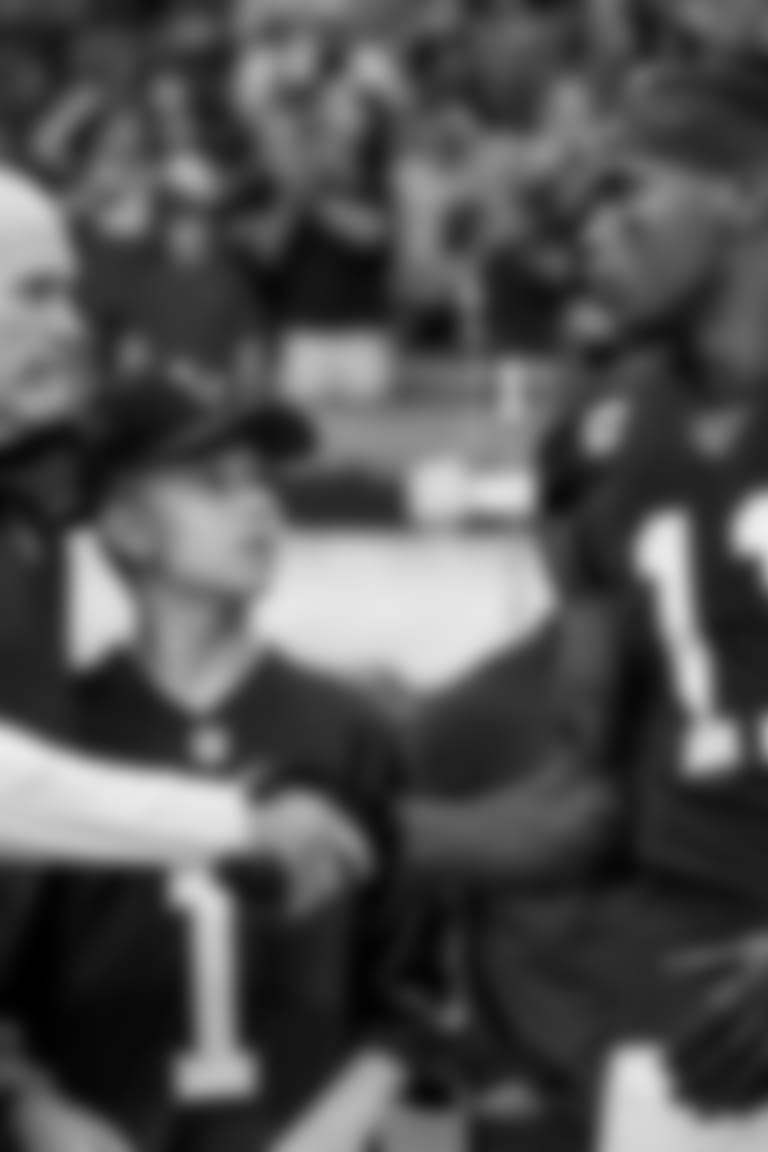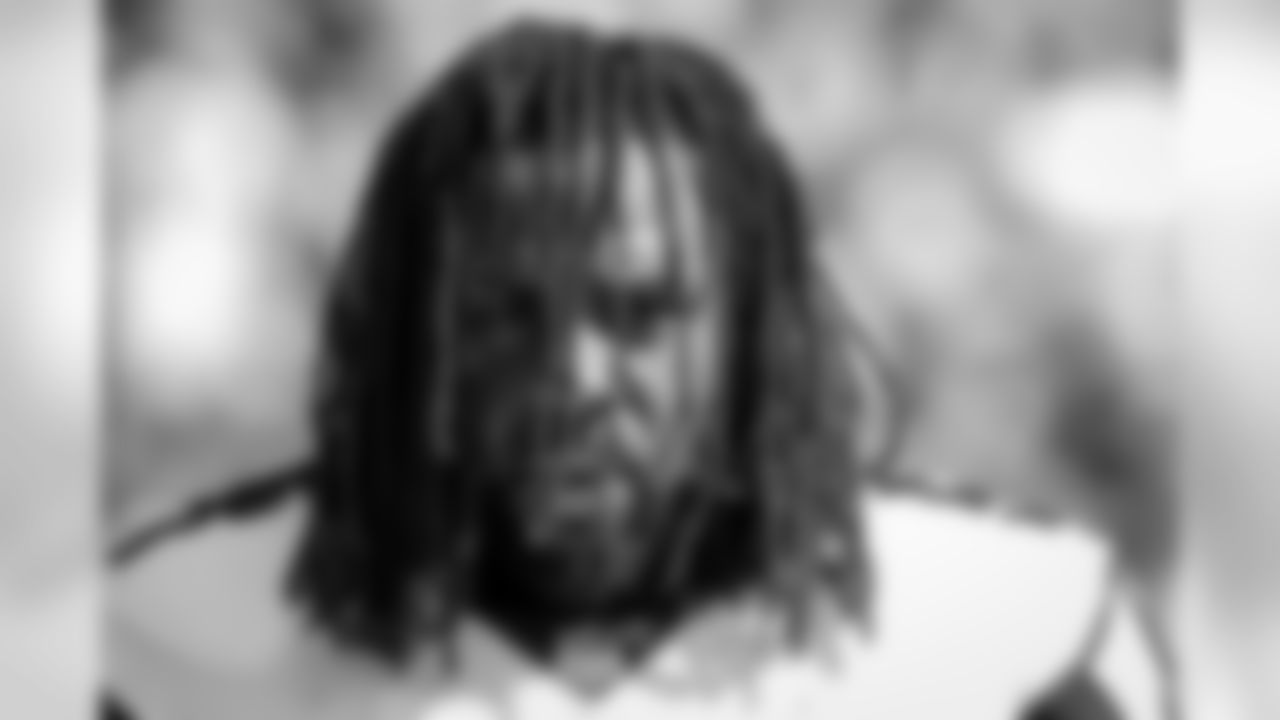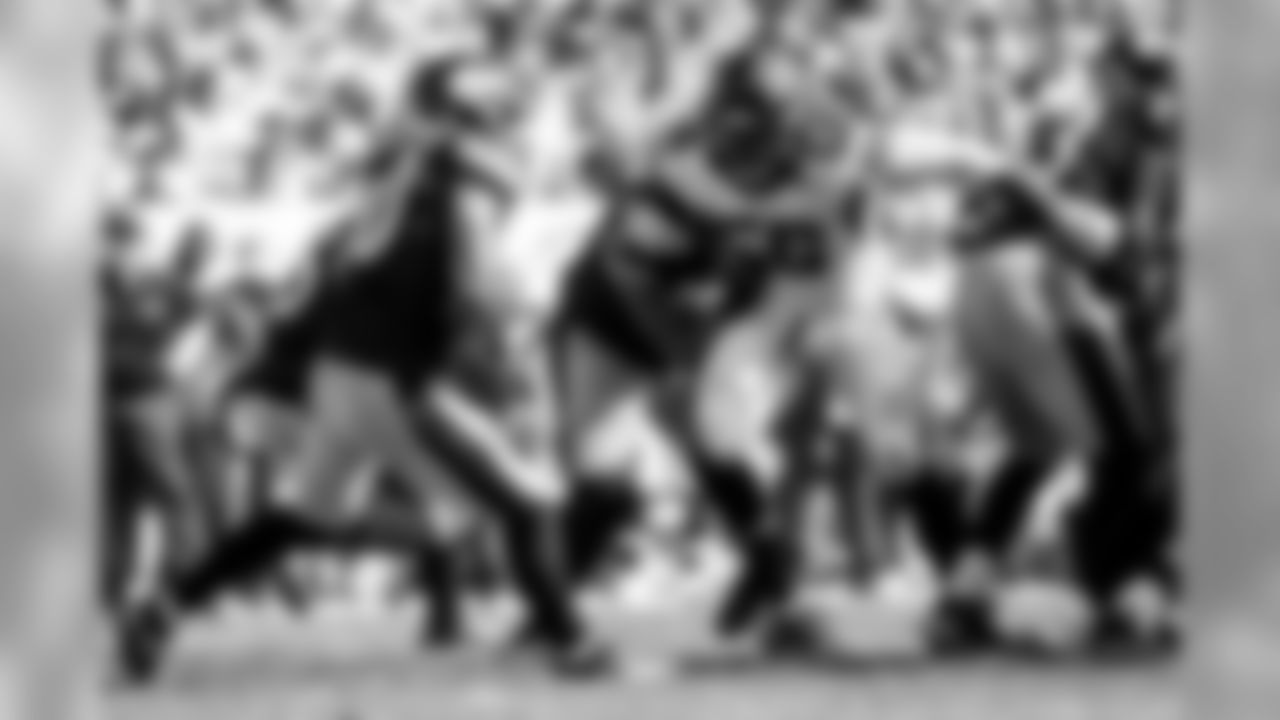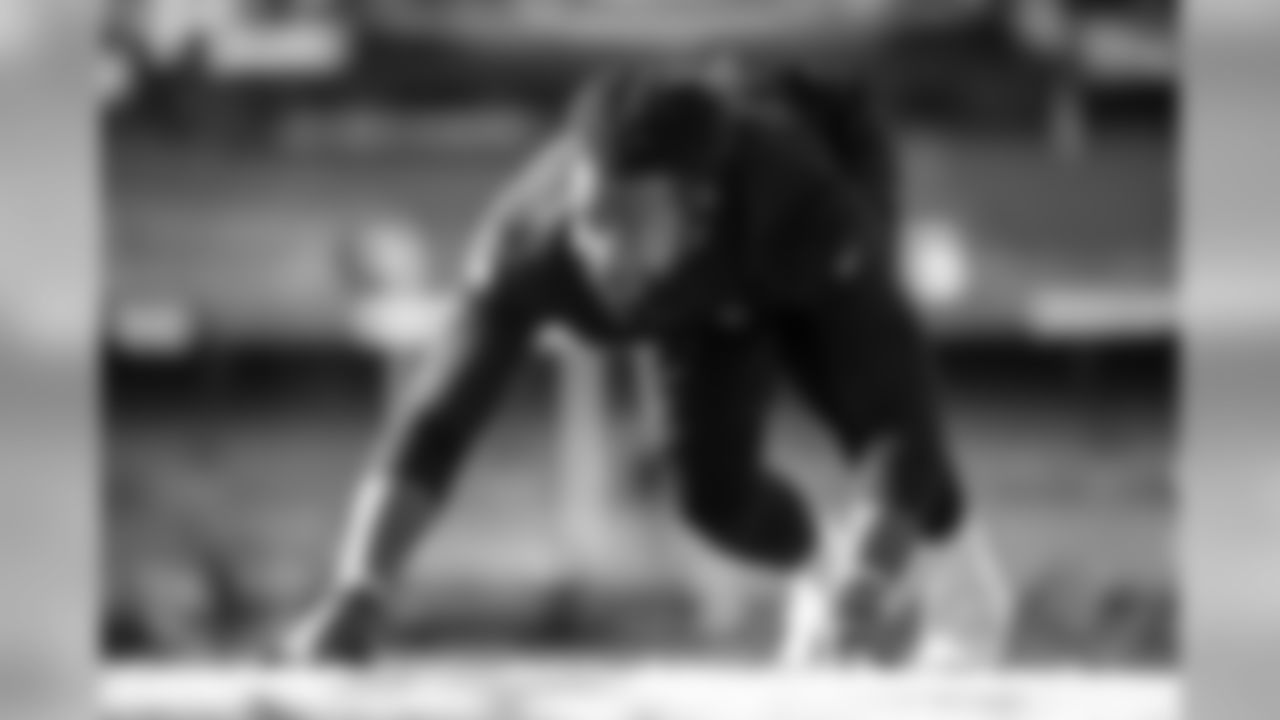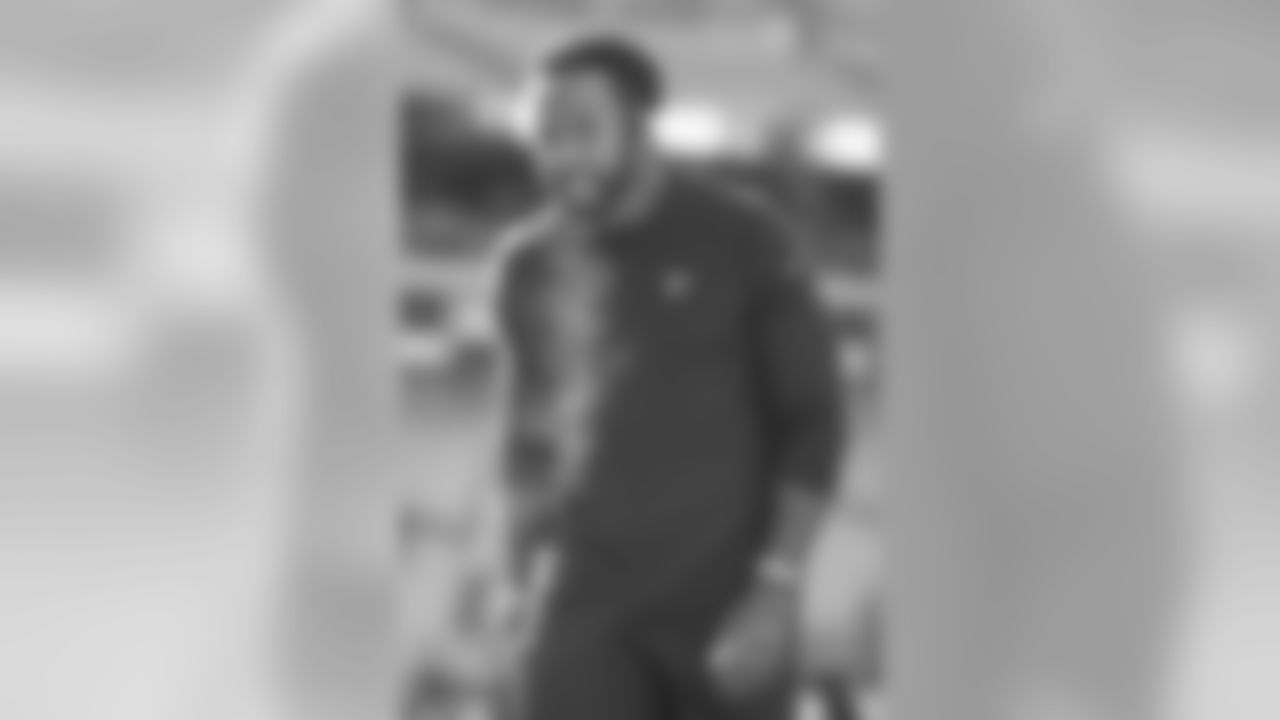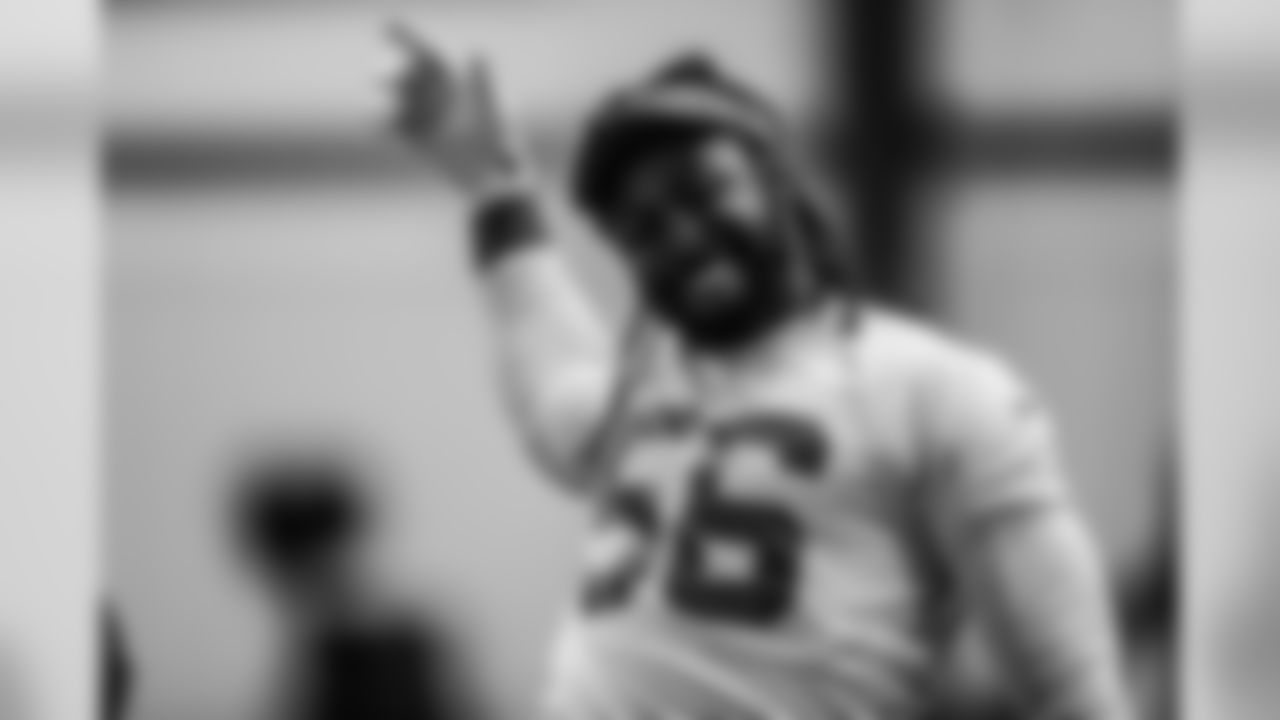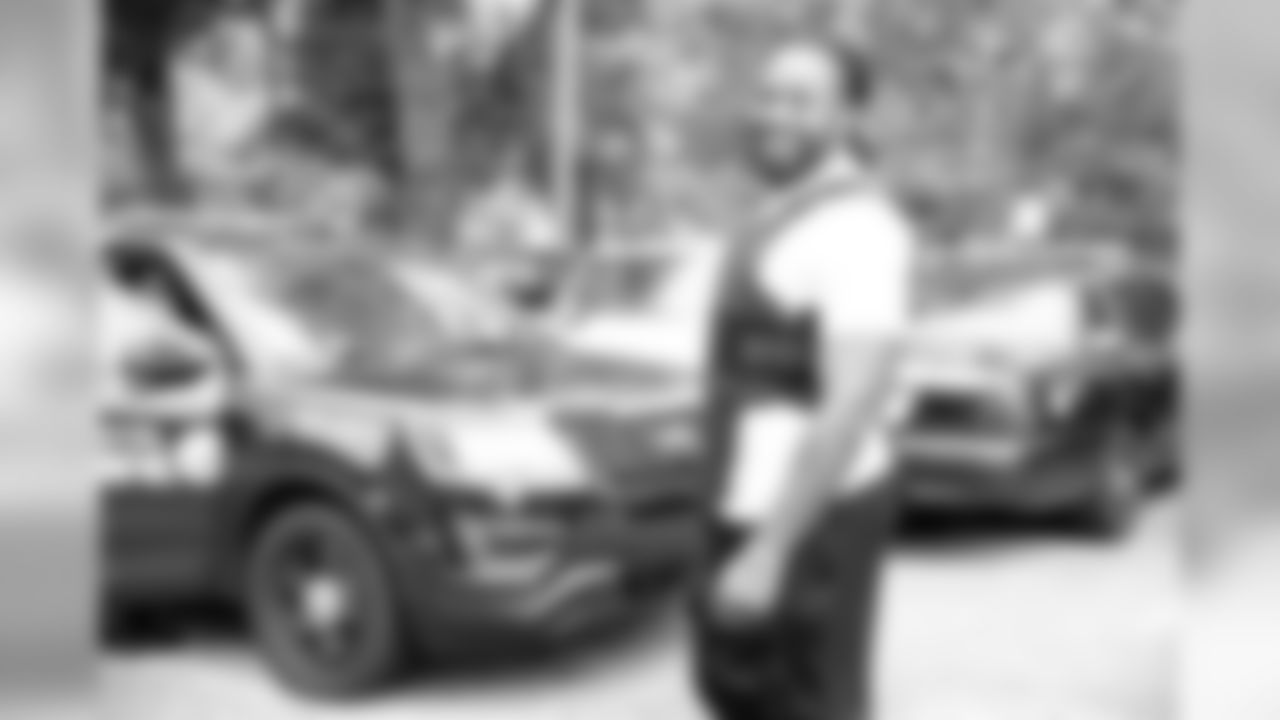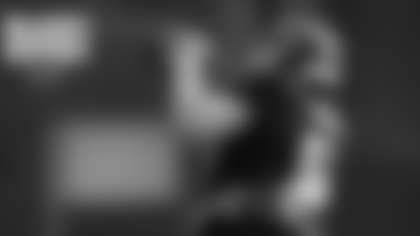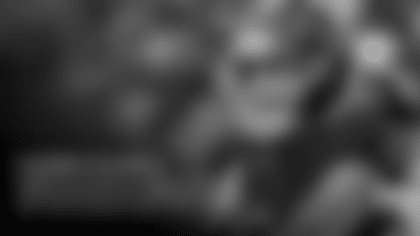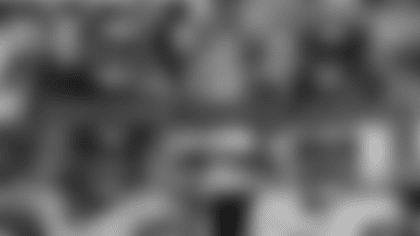I think it might have been a couple days after everything happened with the situation with George Floyd where I was called about it and I was asked questions about it. I told them I didn't feel like I was in a good enough head space to open up and talk about it because of my experiences, the things I've been through, the things I've witnessed.
I wasn't able to filter my emotions, trying to be in a positive space, so I sat it out. I wasn't really going to harp on it as much. To be quite honest, it's been almost a week, and I still feel the same way.
I know that so much of it is just me facing the fact that this is not something that's going to be able to go away over time.
Racism isn't normal
I can only speak on my truth, so I've just recently, within the past couple of years, come to the realization that the normality that I might've known, what I've considered normal for most of my life, hasn't been normal.
I come from a background from the inner city of Buffalo, New York. It's not a pleasant place to be. It's not the suburbs, I call it the inner city for a reason. In those type of areas, you're surrounded by a lot of crazy situations.
It can become normal for you.
I always felt like I was lucky, because I grew up in a household with my mom and my dad. When you grow up, and you see the world for what it is, you realize a lot of people grew up without their mom and their dad.
In my situation, out of everybody I knew – cousins, family, friends, classmates and teachers – nobody grew up with their mom and their dad in the household. Some people might have had a stepfather there that was beating their mom, or they might have had just their mom, and she might have been on drugs because she was trying to cope with the mechanisms of the father being gone, whether he was dead or in jail.
As far as everything seeming normal, it's real.
I grew up on a notion where you're just taught to be a certain way. You're taught that you have to be strong and never show your weakness, or people are going to prey upon your weaknesses.
Always stay aware, because the split second that you're not aware, the split second that you're walking down the street with your head down looking at your cell phone in those type of environments, that could be the last time you take a breath in this world.
I even grew up seeing what's going on now with my own eyes. Police brutality, seeing it happen.
I'd be walking up the street to the store and I'd see police brutality at its finest. You grow up and you think there is no way to win because there's no evidence.
You know, I'm young, this is before camera phones, this is before video recordings, it's before all of that.
There's no way to win because it's your word versus their word, and they win every single time.
You get into a space where you start accepting that to be normal. A normal way of living, you try to avoid it. You try to pick your own battles.
Then you get into a space where footage is starting to be recorded. You get the Rodney King situation where you got video evidence, and that's still not enough.
Then you get to a point where you start seeing camera phones, but you don't see the entirety of how the situation progressed, so you feel like that's being used.
Then you get to a point in 2020, where everybody and their mom has a phone out and they're recording it. The entirety of the situation is on camera, its video recorded and it's still nothing. It's crazy.








